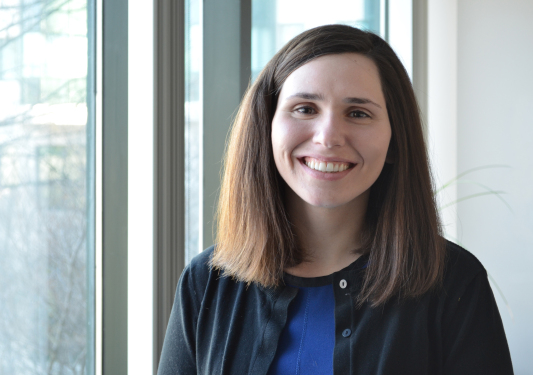The Senate is scheduled to take up the Federal Budget Resolution this week. We expect amendments to be offered to cut funding to programs that serve and vulnerable communities. Urge your Senators to oppose amendments to reduce funding for programs that assist poor and vulnerable people at home and abroad.
Three moral criteria ought to guide these budgetary decisions:
- Every budget decision should be assessed by whether it protects or threatens human life and dignity.
- A central moral measure of any budget proposal is how it affects “the least of these” (Matthew 25). The needs of those who are hungry and homeless, without work or living in poverty should come first.
- Government and other institutions have a shared responsibility to promote the common good of all, especially ordinary workers and families who struggle to live in dignity in difficult economic times.
We support the goal of reducing future unsustainable deficits, and believe our nation has an obligation to address their impact on the health of the economy. A just framework for the federal budget, however, cannot rely on disproportionate cuts in essential services to poor persons; it requires shared sacrifice by all, including raising adequate revenues, eliminating unnecessary military and other spending, and addressing the long-term costs of health insurance and retirement programs fairly. For a more detailed presentation of the bishops’ position on how the Federal Budget should protect people living in poverty see their recent letter to Congress.
Every day in every corner of the world, the Catholic Church-Catholic Charities, the Catholic Campaign for Human Development, Catholic Relief Services, and thousands of schools, hospitals, parishes and NGOs-works to draw a “Circle of Protection” around the “least of these.” The federal government is a vital partner in that work. Instead of cutting programs for the poor, Congress should eliminate sequestration and prioritize programs that help people living in poverty, both in our nation and around the world.
Urge the Senate to protect poor and vulnerable people from harmful budget cuts. Email your Senators and ask them to oppose cuts to domestic and international programs that provide critical help to poor and vulnerable people.

